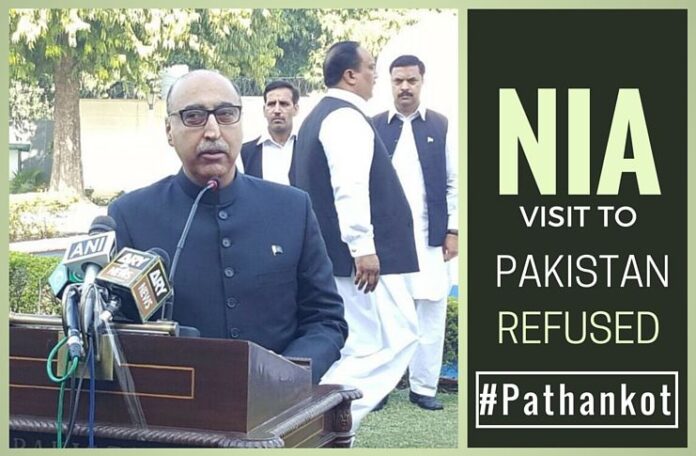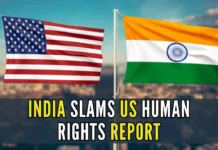
Pakistan on Thursday said there was no question of letting an NIA team to visit the Pathankot terror assault to be probed by Islamabad and the dialogue process with India have been frozen.
Pakistan High Commissioner Abdul Basit also said the arrest of an alleged Indian spy, Kulbushan Jadhav, shown Islamabad’s claims that New Delhi was causing unrest in Balochistan.
Inquired at the Foreign Correspondents Club of a meeting between the foreign secretaries of both countries, Basit said: “There isn’t any meeting scheduled for now. I think at present the peace process is suspended.”
“India is not ready as yet,” Basit said, but quickly added that “we can just resolve issues through dialogue.”
Here is the very first official word from Pakistan about the latest breakdown in the now-on-now-off peace process with India.
After having a team of Pakistani officials visited Pathankot to probe Indian charges that Pakistani terrorists were to blame for the January 2 strike, New Delhi had anticipated Islamabad to permit a National Investigation Agency (NIA) team to go to that state to take the investigation forward. The possibility was ruled out by Basit.
“The investigation (into the Pathankot strike) is not about reciprocity,” he said.
Before, reading out a prepared statement, Basit referred to the arrest of alleged Indian spy Jadhav in Balochistan last month and said that it “irrefutably corroborates what Pakistan has been saying all along”.
“We know of all those that seek to make unrest in Pakistan and destabilise the state. They are obligated to fail.”
He said Pakistan had detained dozens of terror operatives with “foreign linkages” within the previous month. “The existence of such elements is quite upsetting, to say the least.”
He also spoke on Jammu and Kashmir, saying it was “the root cause of common distrust along with other bilateral issues.”
“And attempts to set it on back burner is going to be counterproductive,” he added.
(IANS)










